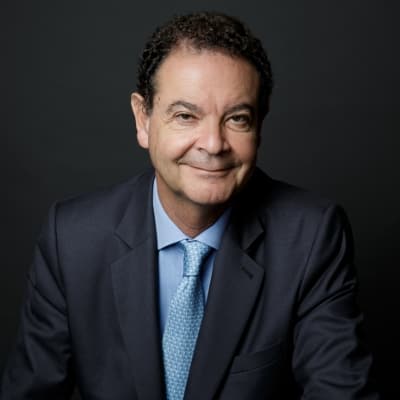Editorial

2017 consolidated IRD’s positive trajectory. Our two governing ministries have recognised this trajectory through the performance contract (COP) adopted in spring. An operational breakdown of the Strategic Direction Plan (POS) adopted in July 2016, this document specifies the Institute’s scientific strategy, particularly around ten seminal, interdisciplinary partnership programmes (PSIPs). In it, IRD consolidates its position in the international development agenda and its critical and constructive approach to the Sustainable Development Goals (SDGs) adopted by the United Nations, for 2030. It places innovation and research promotion at the heart of its missions. Finally, it confirms its policy for deconcentration and the strengthening of the management functions of its head office.
Throughout 2017, IRD has been a committed contributor at the interface between science and international debate on the implementation of the SDGs. Our active participation in COP13 (Conference of the Parties to the United Nations Convention) on desertification (Ordos, China), in COP23 on climate change (Bonn, Germany) -and on these occasions in promoting the 4p1000 initiative, in the 19th international conference on AIDS and sexually transmitted infections in Africa (ICASA in Abidjan, Ivory Coast), and in the third session of the United Nations environment assembly (UNEA-3 in Nairobi, Kenya) illustrated this. Further examples include the publication, on the Institute’s initiative, of the first French-language critical analysis work on the SDGs, Un défi pour la planète (A Challenge for the Planet), and our role in the collective work L’Océan à découvert (The Ocean Revealed), as well as in the AllEnvi alliance scientific meetings, devoted for the first time to the SDGs.
This position is rooted in our long-standing engagement in research areas in countries of the tropical and Mediterranean zone. In 2017, IRD celebrated 60 years in Tunisia, 50 years in Peru, 20 years of the PIRATA programme in the tropical Atlantic, and 20 years of the Hubert-Curien partnership PROTEA ,for exchanges with South African scientific communities.
Our evolution towards a wider, differentiated and optimised network of representation must accompany the existing dynamics in higher education and research systems in our partner countries, and embody a truly equitable partnership with these systems. A new generation of researchers has thus entered IRD representative roles. They embody a model that makes this redefined responsibility a key step towards greater collective responsibility in a scientific career. Their experiences converge with those of more experienced representatives, who have successfully maintained or relaunched significant scientific investment of their activities.
The national and international impact of the Institute depends on its capacity to combine high scientific standards, as shown for example by the success of three candidates supported by our joint research units in the first wave of the Make our planet great again appeal, for France to welcome climate researchers, with its original capacity to transfer and apply the results of research to benefit sustainable development.
In agreement with our supervisory authorities, in 2017 we began reforming our value-generation policy, in order to move progressively away from an exclusively economic approach to extracting value from our research. Our capacity to apply our science in service of “sustainable solutions” requires close proximity with researchers, combining of knowledge and skills, increasing openness of our laboratories to society, and the development of more partnerships with social and economic players. Therefore, in addition to industrial partnerships and projects to support start-ups emerging from research, we have developed new tools for exchange, such as the “Campuses of Innovation for the Planet”.
Initiatives like ePOP, the first development aid programme based on an island citizen network for observation, information and exchange run by young people and conducted in partnership with Radio France International (RFI), show our creativity in terms of scientific culture.
Jean-Paul Moatti, Chairman and CEO of IRD
